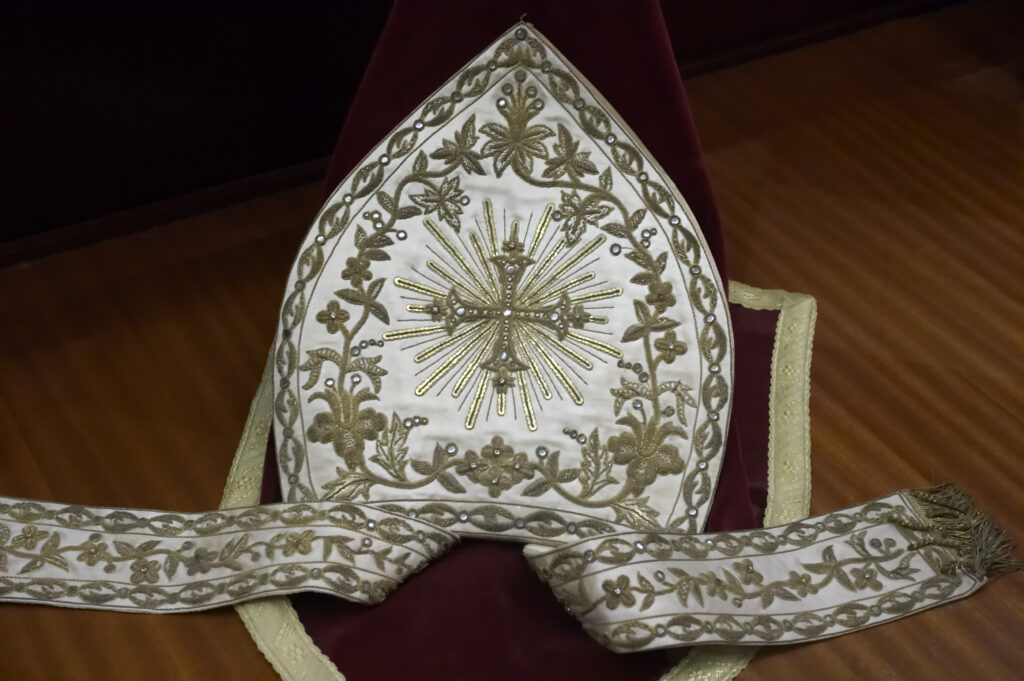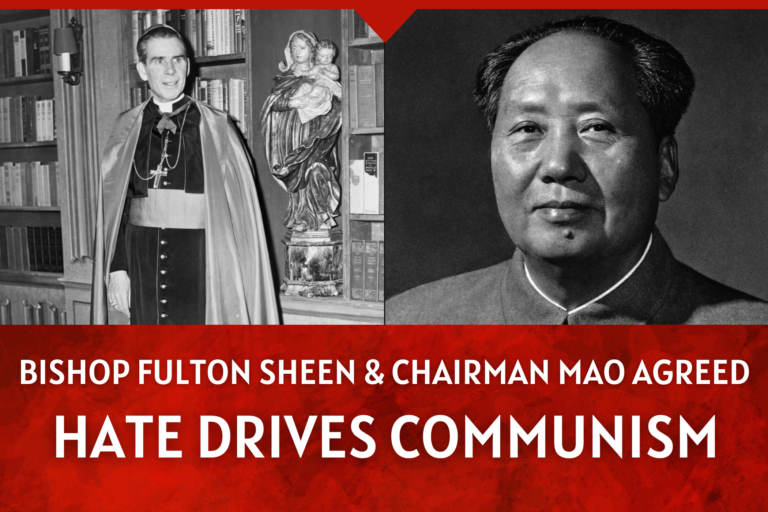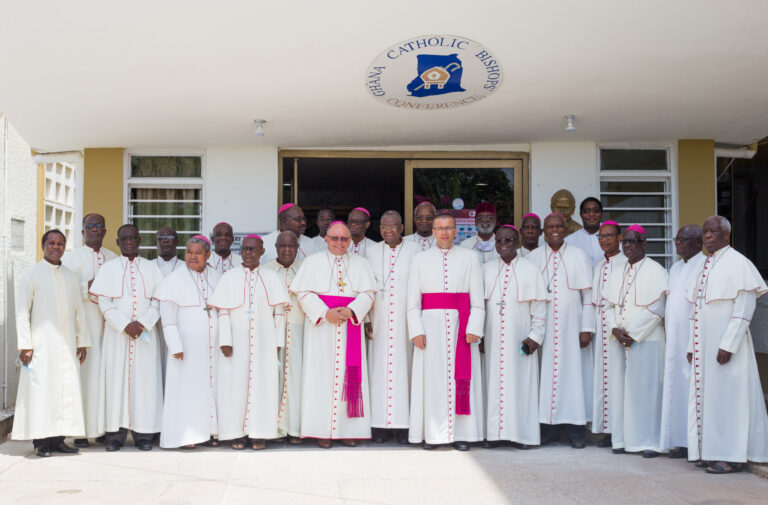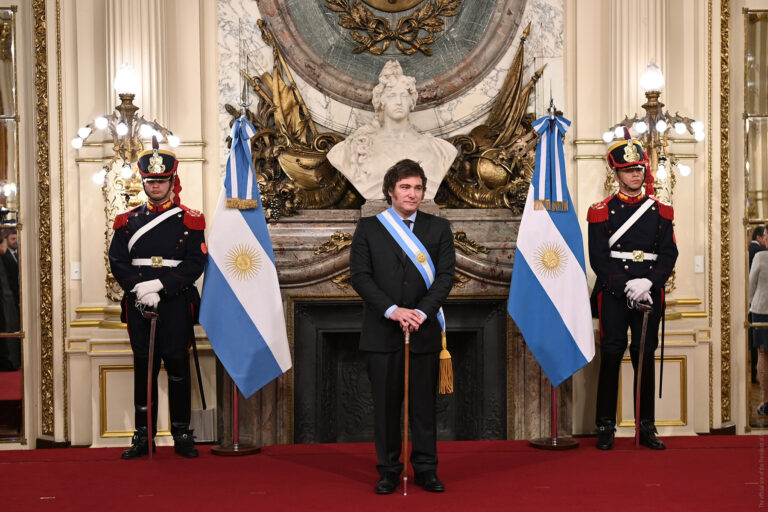At the dawn of the twentieth century, the population control elites were already hard at work.
“The small family is the American ideal, except for the unambitious poor, chiefly foreigners not long enough in the country to have absorbed American ideas.” wrote Lydia Kingsmill Commander in The Independent on October 18, 1904.
My father, the youngest of nine, was six years old at the time. Apparently, my grandparents disagreed with Ms. Commander, for which I will be eternally grateful.
But the “experts” did agree with her. After all, she “followed the science,” citing “a family doctor who [practices] in the Italian quarter of New York”:
“The large families of the Italians are easily understood,” he told her, “when we realize that almost nothing is spent raising the children … They produce as freely and naturally, and they expect their children to look out for themselves almost as early as animals do.”
Oh dear. Ms. Commander was undoubtedly surprised to learn that most of those “foreigners” were Catholic! And apparently, Catholics must be “animals,” if the “science” says they are – right?
But wait, there’s more: expert moralists agree as well! Ms. Commander turns to the Rev. John L. Scudder of Jersey City, who advocates that the government forcibly limit of the size of poor families and other “undesirables,” in case they don’t follow his advice voluntarily.
Too many Catholics. Too many children. Clearly, something must be done!
But Ms. Commander never says just what that something is.
Yes, Humanae Vitae is Timeless
Father John Ryan, a young Catholic priest at the Catholic University of America, was not afraid to spell out what the early population controllers had in mind.
His article, “The Small Family and National Decadence,” appeared in the Ecclesiastical Review in 1904.
“The small family is, of course, condemned as an immoral institution,” he writes.
Of course, Father Ryan is addressing the intentional, intrusive limitation of family size. And his intended audience was families because, unlike our own time, the vast majority of American adults were married in 1904.
Such artificial limitation, he wrote, “is immoral because the positive means by which it is effected (and in the overwhelming majority of instances the means are positive) are often criminal — the murder of the unborn offspring — and always perverse, unnatural, and degrading.”
Father Ryan calls “family limitation” by its proper name: contraception. And when contraception doesn’t work, he goes on, abortion follows. Intentional, continual, and eventually, almost routine.
More than half a century before The Pill and Roe v. Wade, Father Ryan, relying on the timeless teaching of the Church, prophetically describes the impact that universally available contraception and abortion will have on the family, our culture and, ultimately, on our civilization. His views might well seem “rigid” to many Catholics today, but is that because they agree with Ms. Commander rather than the Magisterium?
Father Ryan explains that contraception and abortion raise two problems: first, these means “are perverse, inasmuch as they defeat the primary end of marriage; unnatural, inasmuch as they are in direct conflict with the definite standard set up by nature; and degrading, inasmuch as they brutalize the most sacred of marital relations.”
The second problem arises, Father Ryan continues, because “[t] the small family is likewise immoral because it tends inevitably to the degeneracy and extinction of the human race, implying therefore the refusal of the individual to discharge one of his primary duties toward society.”
Father Ryan’s language—calling contraception perverse, immoral, and degrading–is not for the faint of heart.
Such pejoratives might not have shocked his readers in 1904, a time when the Church spoke boldly on questions of personal morality. But in today’s hypersexualized culture they are sure to give rise to accusations of “hate speech” and “microaggressions.” Approval of such vices has become so widespread that it has become routine. Even required.
Father Ryan’s clarity anticipates the words of Humanae Vitae, the encyclical of Saint Pope Paul VI that appeared 64 years later. Both men accurately envisioned the disastrous impact that contraception and abortion have wrought, not only on America but on the world.
Father Ryan: “The fundamental reason of the alarm felt by the intelligent lover of America on account of the [rise of the] small family, is that it spells enervating self-indulgence. It means a decline not merely in the number, but in the quality of our people.”
The people who loudly argue for smaller families, says Ryan, are “craving for material happiness, for the goods that minister to the senses.”
Material happiness and material goods are precisely the goals of Ms. Commander as she argues in favor of small families.
Rev. Scudder, somewhat surprisingly for a Christian pastor, wholeheartedly agrees, arguing that a small family gives children “an opportunity to taste a few of the good things of life.”
Does he really want to “do it for the children”? Or is he affirming the temptation of parents to indulge in their own selfish enjoyment of worldly goods?
And how is a child supposed to feel if he knows that his parents had intentionally used his “happiness” as an excuse to deprive him of younger brothers and sisters?
Father Ryan rejects Scudder’s arguments. Instead of craving “the goods that minister to the senses,” he suggests, why not long for the goods of the soul?
The good father’s position is that it is precisely children who are the “good things of life,” for they are life itself.
“Marriage and conjugal love are by their nature ordained toward the procreation and education of children,” wrote the Church fathers in the Second Vatican Council. “Children are really the supreme gift of marriage and contribute in the highest degree to their parents’ welfare.” (Gaudium et Spes, No. 50)
How many of our shepherds preach those truths today?
It is interesting that, on prudential issues, Father Ryan was a liberal. He was the prime mover in the formation of today’s U.S. Conference of Catholic bishops in 1919. In the 1930s he supported Franklin D. Roosevelt’s New Deal so publicly that he was dubbed “The Right Reverend New Dealer.”
But regardless of his political opinions Ryan, like virtually every other Catholic priest and prelate of his generation, were valiant defenders of the Church’s teaching on life and family – even the hard parts.
But that was then. Today, the few pro-family advocates at the USCCB are squirreled away in a tiny office in the conference’s D.C. headquarters, while our bishops advocate an endless stream of political programs that lie in the realm that properly belongs to the laity.
And what about the family? As Cardinal Dolan observed in 2012, America’s bishops’ have suffered from “laryngitis over speaking about issues of chastity and sexual morality” for years.
The truths of Humanae Vitae are timeless. One hundred years ago, America’s bishops clearly and steadfastly defended them. Today they’ve mostly gone silent.











